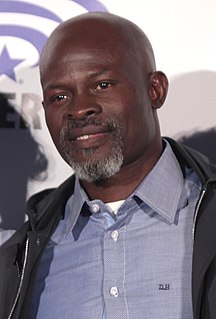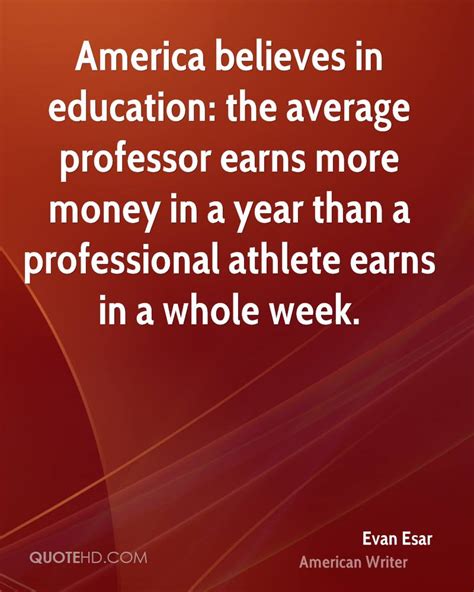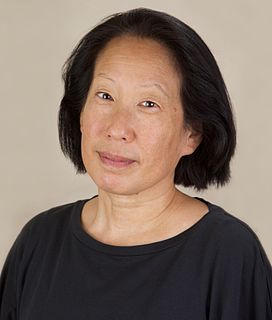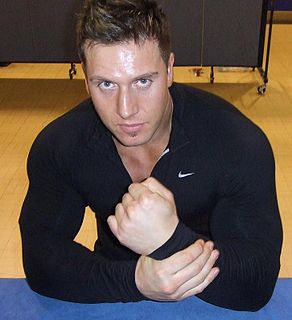A Quote by Djimon Hounsou
Some of the reason why you have so many divorces is that we tend to get married, most of the time, not for ourselves, but for others, or for how it looks to others.
Related Quotes
Everything happens through immutable laws, ...everything is necessary... There are, some persons say, some events which are necessary and others which are not. It would be very comic that one part of the world was arranged, and the other were not; that one part of what happens had to happen and that another part of what happens did not have to happen. If one looks closely at it, one sees that the doctrine contrary to that of destiny is absurd; but there are many people destined to reason badly; others not to reason at all others to persecute those who reason.
The remarkable thing is that we really love our neighbor as ourselves: we do unto others as we do unto ourselves. We hate others when we hate ourselves. We are tolerant toward others when we tolerate ourselves. We forgive others when we forgive ourselves. We are prone to sacrifice others when we are ready to sacrifice ourselves.
Many Westerners see follow-through and reliability as the most critical factor in how they calculate the trustworthiness of another individual. In some other cultures, who you know and how you're related to other individuals is the most important variable. And for others, it may be as much about your reputation and what others have said about you.
Most people use two totally different sets of criteria for judging themselves versus others. We tend to judge others according to their actions. It's very cut-and-dried. However, we judge ourselves by our intentions. Even if we do the wrong thing, if we believe our motives were good, we let ourselves off the hook. And we are often willing to do that over and over before requiring ourselves to change.
Compassion- which means, literally, "to suffer with"- is the way to the truth that we are most ourselves, not when we differ from others, but when we are the same. Indeed the main spiritual question is not, "What difference do you make?" but "What do you have in common?" It is not "excelling" but "serving" that makes us most human. It is not proving ourselves to be better than others but confessing to be just like others that is the way to healing and reconciliation.
If we don't love ourselves, we would not love others. When someone tell you to love others first, and to love others more than ourselves; it is impossible. If you can't love yourselves, you can't love anybody else. Therefore we must gather up our great power so that we know in what ways we are good, what special abilities we have, what wisdom, what kind of talent we have, and how big our love is. When we can recognize our virtues, we can learn how to love others.
Many, perhaps most, people who lose their jobs are mistaken about the reason for which they lost their jobs. Some will say that they're failures, others that their boss had it in for them, and others yet that they were sure their career ended because of a stupid faux pas they made at the company picnic.
A psychologist once asked a group of college students to jot down, in thirty seconds, the initials of the people they disliked. Some of the students taking the test could think of only one person. Others listed as many as fourteen. The interesting fact that came out of this bit of research was this: Those who disliked the largest number were themselves the most widely disliked. When we find ourselves continually disliking others, we ought to bring ourselves up short and ask ourselves the question: "What is wrong with me."
Why do some people have to go barefoot so that others can drive luxury cars? Why are some people able to live only 35 years in order that others can live 70 years? Why do some people have to be miserably poor in order that others can be extravagantly rich? I speak for all the children in the world who don't even have a piece of bread.



































